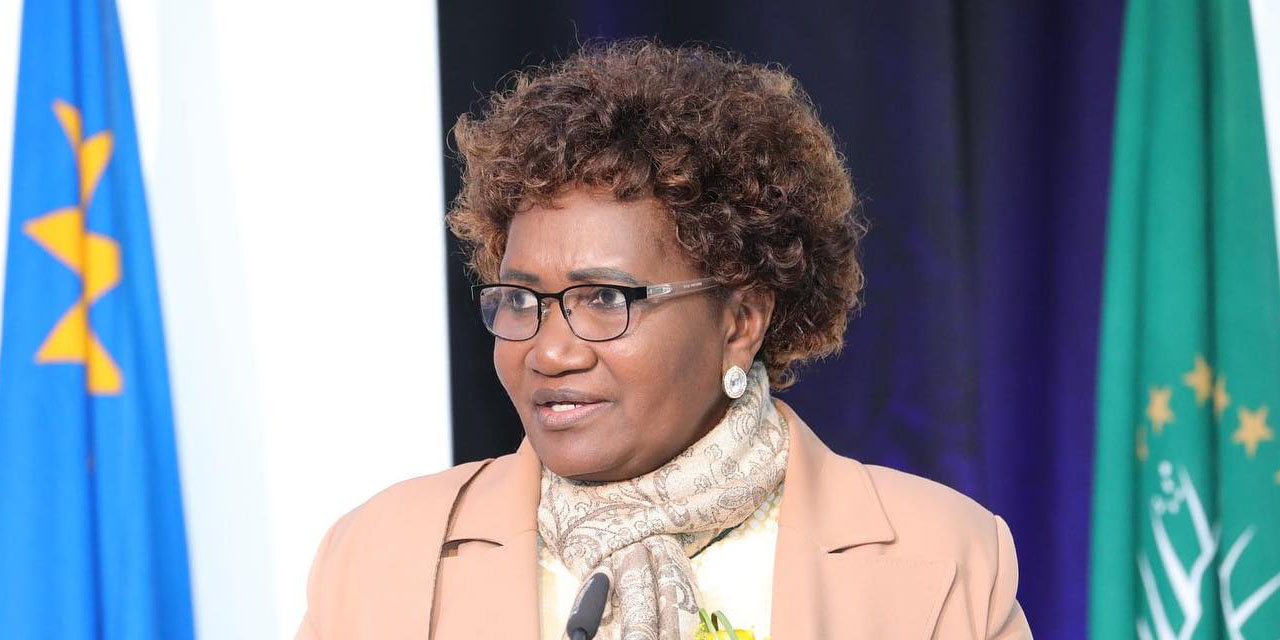THE Minister of Higher Education, Technology, and Innovation (MHITE), Dr. Itah Kandjii-Murangi says the universality of education and training is key and should underlie development and expansion of the sector.
The Minister highlighted that reforms, developments, and challenges in the education sector calls for the re-examination and implementation of proactive strategies and policies on key areas such as teacher training.
She said tertiary institutions should be clearly separated and classified based on the recognised expected levels of knowledge and skill set they provide.
Kandji-Murangi said this at the last week’s three-day tertiary institutions engagement meeting where public and private tertiary institution gathered to map a way forward for the education sector.
“The universality of education and training is key and should underlie development and expansion of the sector. Compatibility of lower and higher academic programs should be sought out earlier during programme development and offering, and not be left to students to struggle with after completing their studies.
“As raw materials in the sector, student education and training can be equated to a value chain that is developed and refined at different levels, by different institutions. A student’s formal transitioning from a lower level to a higher level in the same field of study, in the same institution or across institutions, locally, should be seamless and problem free,” she said.
Kandji-Murangi highlighted that government has developed policies, systems, human capital and established institutions to consolidate, fortify, and implement one quality National Education system. “We have built a formal education system that is clearly defined by levels and number of years at each level, exit points, requisite transitional knowledge, skills and competences at those exit points, as well as certification authenticating an attainment of a properly articulated qualification to the next level of education,” she said.
According to the Minister, for the country to become industrialised and a knowledge based society, the higher education and training sector has to be consistently aligned to the wider socio-economic needs of the country.
“We are seven years away from the end of our Vision 2030 and it is evident that, for Namibia to become an industrialised and a knowledge based society, the higher education and training sector has to be consistently aligned to the wider socio-economic needs of the country. This is because, changes in the country’s economic growth points, precipitate changes in the education sector, particularly, in the higher education and training sector. “Currently, the following fields are important to look at and explore in the context of what is happening in the country, as a result of new natural resources discoveries and developments: STEM, (science, technology, engineering, mathematics), agriculture, renewable energy, oil and gas, green hydrogen and TVET trades, such as, electrical, boiler making, welding, megatronics, safety and security, and construction,” she said.




